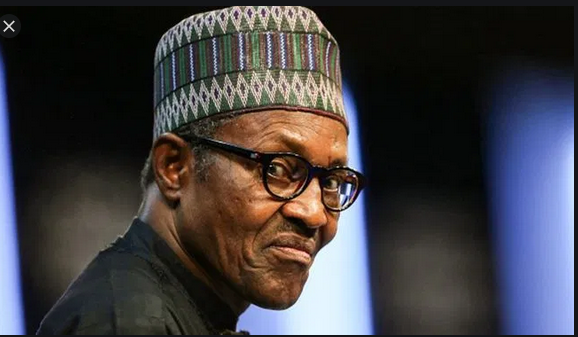
WHEN President Muhammadu Buhari made himself the Minister of Petroleum Resources in 2015, his ardent supporters justified that action. They said that as a former Oil Minister, Buhari had the experience to fix a sector which they accused former President Goodluck Jonathan of plunging into ruin.
Eight years later, the only tangible achievements of the regime in that sector were the passage of the Petroleum Industry Bill, PIB, and the unbundling of the Nigerian National Oil Petroleum Corporation, NNPC, without respecting the constitutional Federal Character principle in the staffing of its senior personnel. Also, the Kolmani Oilfields in Bauchi State reportedly struck oil, though its commercial viability has not been independently confirmed.
But in terms of managing our petroleum resources for the common citizen to feel its positive impact, the sector has fared very poorly under Buhari’s watch. Despite calling petrol subsidy a “scam” as an opposition candidate, the Buhari government continued to pay trillions of naira for the subsidy. For instance, Nigeria is set to spend N3.36 trillion between January and June, 2023.
Buhari and his protesting supporters had in 2011, forced the Jonathan regime to abandon its plan to phase out oil subsidy, thus forcing the nation to pay through the nose today.
The bogey of the scarcity of petroleum products (aviation fuel, diesel and petrol) which had hitherto been contained through the importation of refined products and the subsidy payment suddenly made a feisty return since August 2022 and remained untamed since. We are paying subsidy through our noses and yet cannot lay our hands on the product. What is really going on?
The mystery of the petroleum products scarcity deepens when we recall that President Buhari on January 25, 2023, set up a 14-member committee chaired by himself and his Minister of State for Petroleum Resources, Timipre Sylva, as alternate chairman, to fix the scarcity. Back in December 2022, the Department of State Services, DSS, gave marketers a 48-hour ultimatum to restore supplies but failed to enforce compliance. Till date, no one has explained why the highest level of executive authority in the land failed to fulfill its self-assigned mission.
What this means is that the problem has overwhelmed the Buhari government. We were promised that in December 2022, the government refineries, especially the Port Harcourt facilities, would resume operations. We were also made to look forward to January 25, 2023 when the Dangote Refinery would commence production. Nothing is forthcoming of our efforts at domestic refining of petroleum products under Buhari.
We urge the president to salvage his Ministry by making petroleum products easily available and affordable to Nigerians. We have suffered enough!
Disclaimer
Comments expressed here do not reflect the opinions of Vanguard newspapers or any employee thereof.